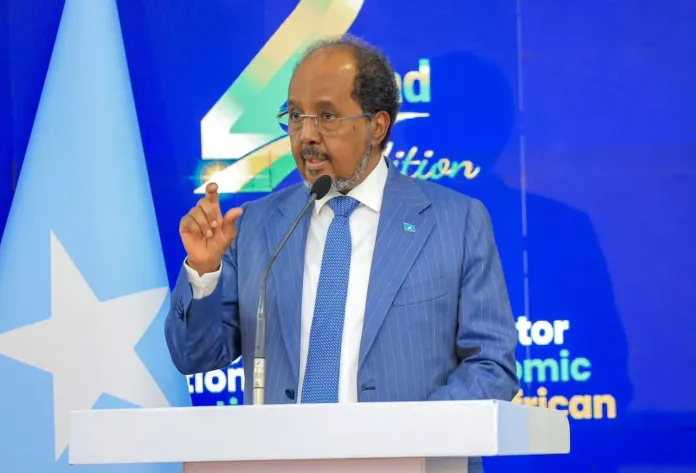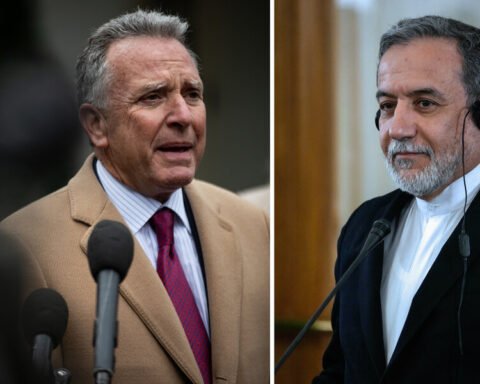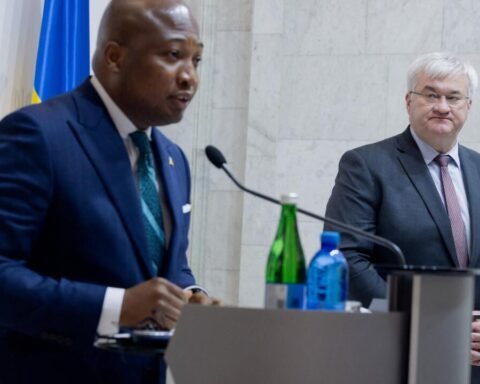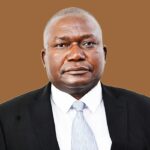Somalia has announced plans to introduce Kiswahili into its national school curriculum — a decision hailed as both historic and strategic.
The announcement was made by President Hassan Sheikh Mohamud during the East African Conference (EACON 2025) in Mogadishu, where he described the initiative as essential for fostering stronger regional ties and cultural understanding.
“Adopting Kiswahili is more than just adding a new language,” President Mohamud said. “It is about embracing our regional identity and connecting deeply with our East African brothers and sisters.” He called on Somali universities, particularly the Somali National University, to lead the development of learning materials and teacher training programs to ensure the smooth rollout of the language across schools and higher education institutions.
Education Minister Farah Abdulkadir echoed the president’s vision, saying the long-term goal is for Kiswahili to become more widely spoken than English in Somalia. “We want future generations of Somalis to feel equally at home speaking Kiswahili as they are in Somali,” he remarked. Abdulkadir added that the Ministry of Education is preparing a phased implementation plan that will start with primary schools before expanding to secondary and university levels.
The adoption of Kiswahili aligns with broader efforts by the East African Community to promote the language as a shared medium of communication. Already, Kiswahili is an official language in several member states, including Kenya, Tanzania, Uganda, Rwanda, Burundi, and the Democratic Republic of Congo. It is spoken by over 150 million people across East and Central Africa and continues to serve as a cultural and linguistic bridge in trade, governance, and regional diplomacy.
Also Read; Gold Exports Boost Tanzania’s Economic Prospects
For Somalia, however, the embrace of Kiswahili is also deeply personal. Many Somalis who fled to Kenya during the 1991 civil war learned the language and passed it on to their children, creating generations of fluent speakers in the diaspora. In the coastal town of Barawa, a centuries-old dialect known as Chimiini — a form of Kiswahili — is still spoken by residents who identify themselves as wantru wa miini, or “people of the city.”
Somalia’s growing enthusiasm for Kiswahili is also symbolic of its renewed regional engagement. When the country formally joined the EAC in 2023, its Information Minister, Daud Aweis Jama, made headlines for addressing journalists in fluent Kiswahili during a press briefing in Arusha. The gesture was widely celebrated across East Africa as a sign of unity and shared identity.
Analysts say Somalia’s decision represents both a practical and cultural milestone. Beyond improving regional communication, it also enhances opportunities for trade, tourism, and education exchange. However, experts caution that effective implementation will require investment in teacher training, curriculum development, and the production of quality learning materials.
Language, in many ways, carries identity and belonging. For Somalia, embracing Kiswahili is a way of reconnecting with its neighbors — not through politics, but through words that transcend borders.







